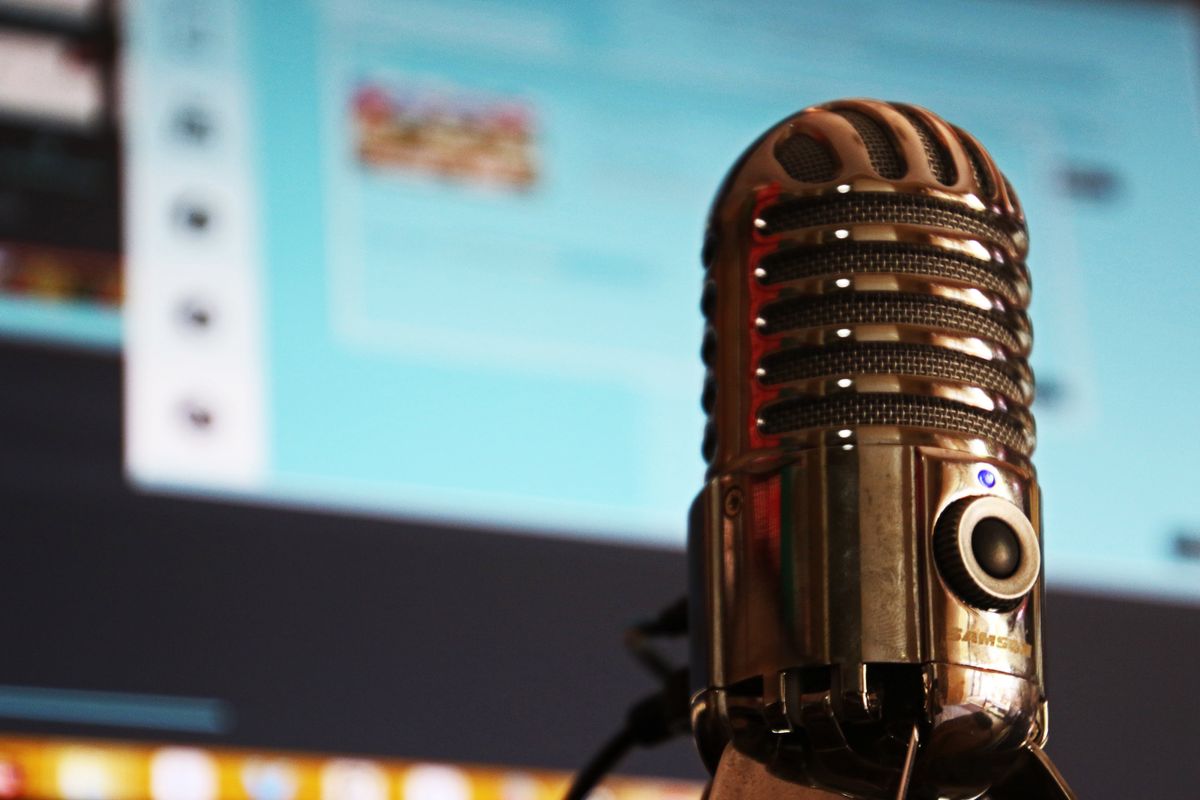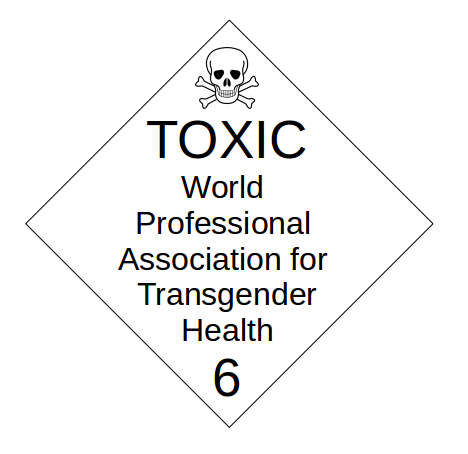How Podcasts Helped Me Get Over Hating the Sound of My Voice
Women’s voices are always perceived as ‘wrong’, but listening to them more can help.

For years I hated the sound of my own voice. Like many people, hearing my voice played back to me on video or audio recording made me cringe, shrivel up, and want to shrink and disappear. Is that really how I sound?
The feeling was so strong that it prevented me from doing things that could help me advance professionally, like listening to a podcast I had appeared on as a guest or editing the video of a speech I gave. Transcribing interviews with sources was a nightmare; I tried to fast forward through the parts where I was speaking. I have often daydreamed of hosting my own podcast, but dreading the sound of my own voice stopped me. Sometimes, the feeling was so strong that it prevented me from speaking at all.
Then, something changed.
I was transcribing an interview last week, and I realized that my voice actually sounded pleasant. I sounded like the journalists on the podcasts I had started listening to every day.
Why Do We Hate Our Voices?
There are a variety of reasons we hate hearing our own voice played back to us. The commonly cited reason is bone conduction: when we speak, our brains get information about the sound both externally and internally. The combining of the external sound from air conduction with the sound interpreted via bone conduction gives us a false perception of what our voice sounds like to others.
The voice we hear in our heads is often lower than how other people will perceive it, so hearing our own voice played back to us can make us feel disturbed at the difference. When expectations and reality don’t align, especially about something so personal, it can be jarring — eliciting that classic cringe reaction.
Research suggests, though, that we actually don’t hate our voices. When a 2013 study asked participants to rate the attractiveness of voices, with their own voice mixed in (unknown to the participant), the participants rated their own voices as more attractive than others’. This may suggest that while we cringe at our own voice when it fails to meet our internal expectations, we actually don’t inherently dislike our own voice.
"When expectations and reality don’t align, especially about something so personal, it can be jarring — eliciting that classic cringe reaction."
Some research suggests that this “voice confrontation” is not just from experiencing the higher frequency, but also in part because when we hear our own voice played back to us we hear “extra-linguistic clues” that we may not have meant to convey. These clues are often emotional, like nervousness, sadness, or anger. When we hear ourselves, we hear everything that others are perceiving in our voices — and we might not always like what that is. It disrupts the carefully crafted image we try to present to the world.
Women Are Particularly Targeted For Their Voices
Although anyone can experience this discomfort at hearing their own voice played back to them, women are often targeted specifically for their voices, exacerbating the issue.
In a (very unscientific) poll of 51 women on a feminist social media site, over half said that they dislike the sound of their voice, while only 14% said they always liked it. The other 31% of women claimed that they learned to like their voice over time.
The tiny percent of women who have always liked their voice likely reflects not only psychological voice confrontation but also societal messages about women’s voices.
"Society wants women to shut up, and targeting their voices is a great way to do that."
In an interview with The Helm, Veronica Rupert, author of Outspoken: Why Women’s Voices Get Silenced and How to Set Them Free, discusses how women are attacked for speaking:
“There is so much criticism leveled toward every part of the woman. And it’s always open season on women’s voices — women’s voices are grating, they are shrill, they are not authoritative enough, they’re hard to listen to. The list of adjectives is staggering and super depressing.”
She points out that there’s nothing actually wrong with women’s voices, but the fact that women are speaking at all. Society wants women to shut up, and targeting their voices is a great way to do that.
In 2015, The Daily Dot published a look inside the attacks weathered by female podcasters about their voices. 99% Invisible, a popular design podcast, apparently received so many complaints about their female reporters' voices that they had to set up an auto-response email:
"Hello! You’ve written in to voice your dislike of one of our female reporter’s voices. You’re not alone. We have a filter set up that automatically sends these types of emails into a folder labeled 'zero priority.' We’ll review this folder and consider the complaints within, well, never."
The email goes on to point out that they’ve never received a complaint about a male reporter’s voice. Rather, Roman Mars, the primary male host, is often praised for his soothing voice. Some people, myself included, use the podcast to fall asleep, his voice rocking us gently to bed.
NPR’s Jessica Gross, who formerly hosted Slate’s DoubleX Gabfest podcast, received so many complaints about her voice that she felt it was hurting her career, and sought out a vocal coach to change it.
Yet, while women’s voices are attacked for everything from “vocal fry” (lowering your voice for emphasis) to “upspeak” (raising your voice at the end of a sentence for de-emphasis), according to Amanda Marcotte, author of the Daily Dot article, the same vocal patterns are often praised in men:
“As the hosts on This American Life pointed out, Ira Glass can hardly go a sentence without frying his voice, which is why he sounds like he’s speaking ironically all the time. However, they don’t get a lot of letters about Glass’s voice on the show, and his manner of speaking is actually part of his popularity.”
It’s clear that the message to women isn’t to speak differently, but to not speak at all.
Hearing More Women Matters
Last month, when NASA held it’s first-ever all-female spacewalk on October 18th, one thing struck me about the live stream video: the sound of women communicating.
Jessica Meir and Christina Koch were communicating across space not just with each other, but with the female ground controller, Kristen Facciol. As Meir, Koch, and Facciol talked about their next steps, updated the audience on progress, and even at some points laughed and joked with each other, I realized how rare it was for me to hear female voices in this way.
Male voices are the default, professional, authoritative voice.
When I heard my own voice played back to me a month later while transcribing an interview, I realized how important those female podcasters are. While they may receive a lot of hate for their voices, women listening to other women speak (especially to each other) can go a long way towards helping us accept our own voices.
"When I heard my own voice played back to me a month later while transcribing an interview, I realized how important those female podcasters are."
We may never get over the voice confrontation that occurs when we hear our disembodied voice played back to us, but we can change the way women are made to feel about their voices in particular. Representation in media, especially audio, matters. Rather than changing our voices to attempt to appease men, putting women’s voices front and center can help us recalibrate our default expectations, and come to except women’s voices (including our own), as just as professional as a male voice.
Originally published in The Ascent, CC-BY-SA, M. K. Fain
The generous support of our readers allows 4W to pay our all-female staff and over 50 writers across the globe for original articles and reporting you can’t find anywhere else. Like our work? Become a monthly donor!
Enter your email below to sign in or become a 4W member and join the conversation.
(Already did this? Try refreshing the page!)




Comments